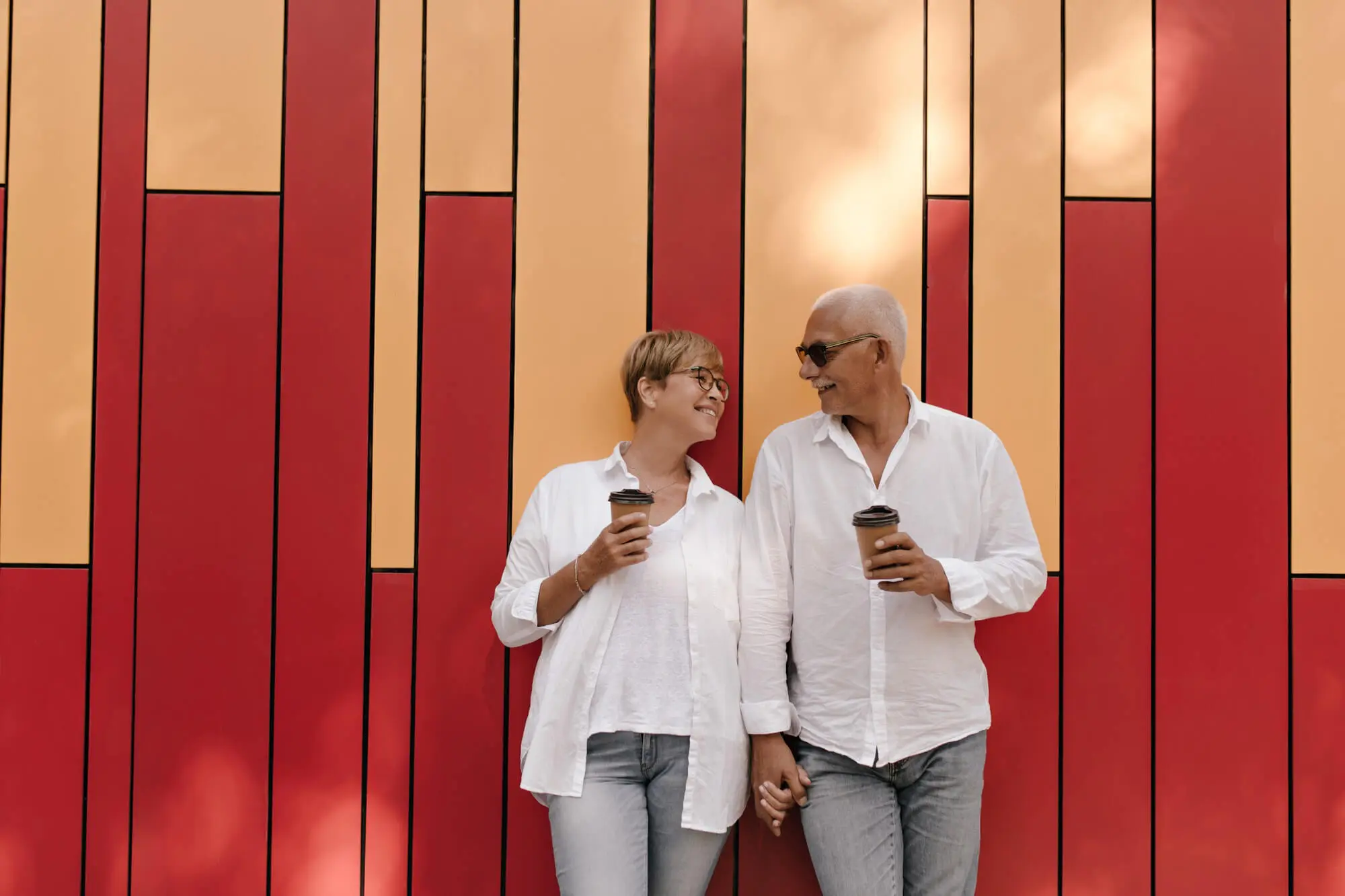Longevity Clinics: Hype or Genuine Health Revolution?
Current trends in longevity medicine and services in Europe - what really makes sense to live a longer life?

The desire not only to get older but also to stay healthy longer is no longer a niche topic. Numerous new health centers, so-called Longevity Clinics, are emerging in the USA, which promise exactly that: ”The goal of making you healthier longer by giving you deeper knowledge and insights into your own biology. ”
A preventive and personalized approach to medicine is characteristic of these clinics. With the help of modern diagnostics - from whole-body MRI to microbiome- or blood tests up to epigenetic Analyses - should risks be identified at an early stage, biological aging processes made measurable and individual recommendations for a healthier lifestyle derived. The focus is not on treating illnesses, but on specifically promoting health - with the aim of extending the so-called Healthspan, i.e. the healthy years of life.
The USA: Tech-driven and focused on optimization
Providers such as Fountain Life, Human Longevity and Next Health in the USA rely on data-based diagnostics and regular health monitoring — often associated with high price tags. The offer is aimed primarily at wealthy self-optimizers, many of whom come from the tech or financial world. Critical voices note that some methods are not yet scientifically sophisticated and that access remains unrealistic for the general population.
Europe: More careful but with potential
Development in Europe is significantly slower - for a number of reasons. On the one hand, there is greater trust in traditional medicine and government systems, and on the other hand, there is less willingness to pay for lifestyle-oriented health services. Nevertheless, a market for new Longevity offerings is also emerging here.
Pioneers such as Clinique La Prairie (Switzerland), Lanserhof (Austria, Germany and London) and Chenot Palace (Switzerland) have been focusing on maintaining health for decades - but in the luxury segment, mostly with a focus on detox, regeneration or anti-aging.
It is only recently that smaller, more medically oriented Longevity clinics have also been created, such as the Longevity Center in Zurich or Ayun, also in Zurich. Both centers combine diagnostics with individual programs — and are aimed at health-conscious people who are ready to dive deeper into their biology.
A look from outside: Why Europe works differently
Phil Newman, founder of the platform Longevity.Technology and a proven expert in this field, sums up the difference between the two markets: ”Europe is cautiously interested — but Americans are already investing. Longevity in the US is framed as opportunity and freedom, in Europe more as science and skepticism. ”
However, he sees precisely this as a strength: While the desire for rejuvenation and control is often paramount in the USA, Europe could develop a more profound, holistic form of longevity — as part of a sustainable understanding of health.
What Europe needs now
For the topic of longevity to really get on board in Europe, more is needed than just high-end clinics. A model is needed that combines medical quality, scientific foundation and accessibility — for example through:
- integrative programs in hotels, health centers or companies,
- more information about modern prevention options,
- and long-term support instead of short-term hypes.
But above all, a cultural change is needed: away from thinking about illness — towards actively dealing with one's own health and biology. Europe could set standards here.
References
1. Men's Health (2024): “Inside the Rise of Longevity Clinics”
2. Longevity.Technology — News & Reports on Longevity Market and Research: https://longevity.technology
3. Newman, Phil (Longevity.Technology), quote from Interview & Market Observations
Publiziert
15.9.2025
Kategorie
Longevity

Experte
The desire not only to get older but also to stay healthy longer is no longer a niche topic. Numerous new health centers, so-called Longevity Clinics, are emerging in the USA, which promise exactly that: ”The goal of making you healthier longer by giving you deeper knowledge and insights into your own biology. ”
A preventive and personalized approach to medicine is characteristic of these clinics. With the help of modern diagnostics - from whole-body MRI to microbiome- or blood tests up to epigenetic Analyses - should risks be identified at an early stage, biological aging processes made measurable and individual recommendations for a healthier lifestyle derived. The focus is not on treating illnesses, but on specifically promoting health - with the aim of extending the so-called Healthspan, i.e. the healthy years of life.
The USA: Tech-driven and focused on optimization
Providers such as Fountain Life, Human Longevity and Next Health in the USA rely on data-based diagnostics and regular health monitoring — often associated with high price tags. The offer is aimed primarily at wealthy self-optimizers, many of whom come from the tech or financial world. Critical voices note that some methods are not yet scientifically sophisticated and that access remains unrealistic for the general population.
Europe: More careful but with potential
Development in Europe is significantly slower - for a number of reasons. On the one hand, there is greater trust in traditional medicine and government systems, and on the other hand, there is less willingness to pay for lifestyle-oriented health services. Nevertheless, a market for new Longevity offerings is also emerging here.
Pioneers such as Clinique La Prairie (Switzerland), Lanserhof (Austria, Germany and London) and Chenot Palace (Switzerland) have been focusing on maintaining health for decades - but in the luxury segment, mostly with a focus on detox, regeneration or anti-aging.
It is only recently that smaller, more medically oriented Longevity clinics have also been created, such as the Longevity Center in Zurich or Ayun, also in Zurich. Both centers combine diagnostics with individual programs — and are aimed at health-conscious people who are ready to dive deeper into their biology.
A look from outside: Why Europe works differently
Phil Newman, founder of the platform Longevity.Technology and a proven expert in this field, sums up the difference between the two markets: ”Europe is cautiously interested — but Americans are already investing. Longevity in the US is framed as opportunity and freedom, in Europe more as science and skepticism. ”
However, he sees precisely this as a strength: While the desire for rejuvenation and control is often paramount in the USA, Europe could develop a more profound, holistic form of longevity — as part of a sustainable understanding of health.
What Europe needs now
For the topic of longevity to really get on board in Europe, more is needed than just high-end clinics. A model is needed that combines medical quality, scientific foundation and accessibility — for example through:
- integrative programs in hotels, health centers or companies,
- more information about modern prevention options,
- and long-term support instead of short-term hypes.
But above all, a cultural change is needed: away from thinking about illness — towards actively dealing with one's own health and biology. Europe could set standards here.
Referenzen
1. Men's Health (2024): “Inside the Rise of Longevity Clinics”
2. Longevity.Technology — News & Reports on Longevity Market and Research: https://longevity.technology
3. Newman, Phil (Longevity.Technology), quote from Interview & Market Observations
Publiziert
15.9.2025
Kategorie
Longevity

.svg)














